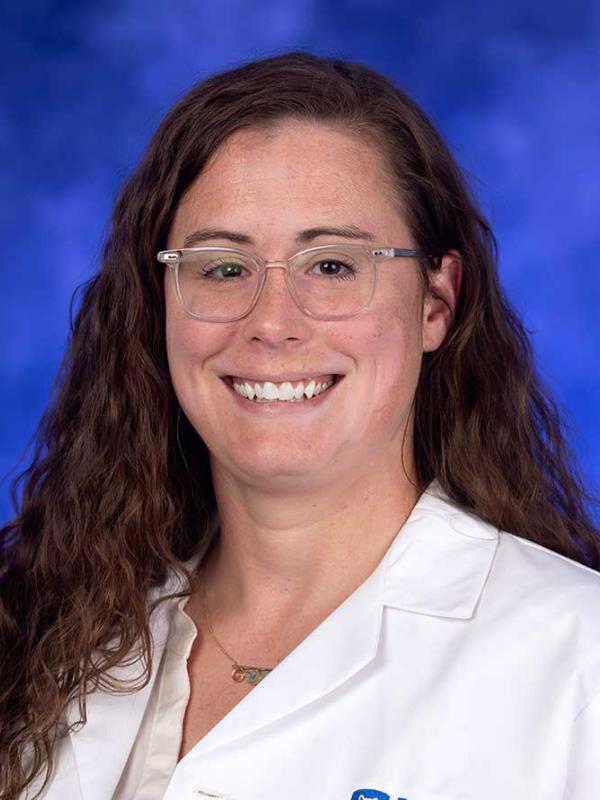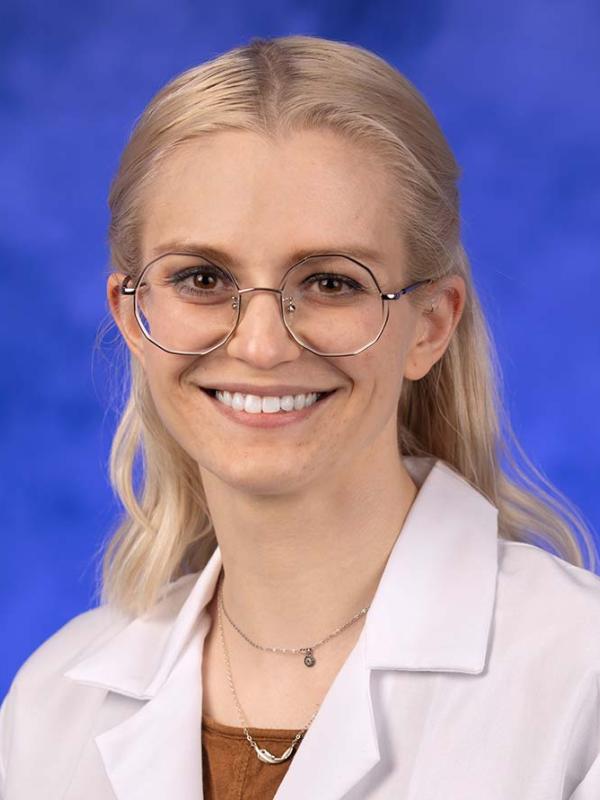Oropharyngeal cancer is a type of head and neck cancer. It starts in the oropharynx, which is the upper part of your throat just behind the your mouth. Oropharyngeal cancers include cancer of the:
- Soft palate (the fleshy part at the back of the roof of the mouth)
- Side and back walls of the throat
- Tonsils
- Back one-third of the tongue
The different parts of the oropharynx are made up of several types of cells. Different cancers can develop from each cell type. Most oropharyngeal cancers are squamous cell carcinomas. Squamous cells are the thin, flat cells that line the inside of the throat and mouth.
The tonsils and base of the tongue contain immune system (lymphoid) tissue, where cancers called lymphomas can start.
Tumors can also develop in the oropharynx. Generally, there are three kinds:
- Noncancerous (benign) growths that do not spread to other parts of the body
- Harmless growths that can develop into cancer
- Cancerous (malignant) tumors that can spread (metastasize) into other parts of the body
In the United States, almost twice as many men as women are diagnosed with oropharyngeal cancer each year. The average age for diagnosis is 62, but these cancers can occur in young people, as well. People who use tobacco or are infected with human papillomavirus (HPV) have increased risk for oropharyngeal cancers.
Prevention and Screening
To prevent oropharyngeal cancer:
- Don’t smoke or use tobacco products.
- Drink less alcohol.
Screening
While there is no standard screening test, oropharyngeal cancer may be found early during routine exams by your dentist, doctor, dental hygienist or by self-exam.
Some dentists and doctors may use special dyes and/or lights to look for tiny spots or lumps in the back of the mouth or throat. If they appear, the doctor may request a biopsy.
Symptoms, Diagnosis & Outlook
Symptoms
Although they may not be cancer, see a doctor or dentist if any of these conditions lasts more than two weeks:
- A sore that does not heal
- Pain or numbness that doesn’t go away
- A white or red patch on the tongue, tonsil or mouth
- A sore throat that doesn’t go away
- Trouble swallowing or trouble moving your jaw or tongue
- Loosening of your teeth or tooth pain
- Voice changes
- A lump in the back of your mouth, throat or neck
- Weight loss
- Constant bad breath
Diagnosis
A specialist called an otolaryngologist – head and neck surgeon diagnoses and treats oropharyngeal, tonsil and tongue cancers. Your doctor will give you a physical exam and study your medical history. He or she may ask about your tobacco use and other things that indicate you are at risk. You may have a biopsy, in which a small tissue sample is taken from the area, to confirm the diagnosis and check for the extent of the cancer. In some cases, biopsies can be performed in the office, but your specialist may want a more thorough evaluation by performing a biopsy in the operating room under general anesthesia.
Your doctor may also order tests to determine the extent of the cancer and whether it has spread to the lymph nodes or other organs. These include:
- Endoscopy: a brief flexible scope exam performed under local anesthesia to check the extent of any abnormality in the oral cavity
- Computed tomography (CT or CAT) and magnetic resonance imaging (MRI) scans: to determine if the cancer has spread to surrounding lymph nodes
- Positron emission tomography (PET) scan: to determine if cancer has spread to other organs, such as the lungs
If cancer is found, the results from these diagnostic tests will tell the doctor how advanced the cancer is, so he or she can design the best treatment for you.
At Penn State Cancer Institute, we diagnose and treat all types of oropharyngeal cancers. Our multidisciplinary team is made up of surgeons, radiation and medical oncologists, and pathologists. We guide you through every step of your care.
Your Penn State Cancer Institute doctor will discuss the best way to treat your cancer, depending on its type and stage.
Treatment options depend on:
- The stage, location and size of the cancer
- Whether the cancer has come back (reoccurred)
Our team participates in a weekly multidisciplinary conference to discuss the specifics of your case and, putting all our skill and experience together, create a treatment plan just for you.
Most oropharyngeal cancers are treated with surgery. If necessary, your surgeon will also reconstruct structures in your throat or oropharynx to give the best functional and cosmetic result at the same time. Your surgeon will aim to preserve your ability to eat, talk and breathe as normally as possible.
There are several options for treating oropharyngeal cancer, including:
- Surgery: to remove the cancer may include traditional surgery, robotic surgery, minimally invasive surgery or lasers.
- Radiation therapy: using high-energy X-rays or other types of radiation to kill cancer cells. This is often used in combination with other treatments.
- Chemotherapy: using drugs to kill cancer cells and stop them from growing.
- Targeted therapy: using drugs to attack specific cancer cells. This causes less harm to normal cells than radiation and chemotherapy.
- Clinical trials: to evaluate new treatment options and provide leading-edge therapies.
Our surgeons may treat your oropharyngeal cancer with complex or simple surgery, as needed. We utilize advanced surgery techniques, such as Transoral robotic surgery (TORS) and da Vinci robotic surgery.
Side effects of oropharynx cancer treatment include:
- Anesthesia risks
- Bleeding
- Change in speech articulation
- Dribbling when drinking
- Infection
- Need for additional treatment
- Oral sores, caused by radiation treatment
- Pain
- Recurrence of cancer
- Swallowing problems, including short-term painful swallowing (odynophagia) and long-term difficulty swallowing (dysphagia)
Radiation may also cause cosmetic deformity, including bone death (osteoradionecrosis), usually in the lower jaw. Chemotherapy side effects depend upon the type of drugs used.
Meet the Team
Why Choose Penn State Health for Care
Comprehensive, Compassionate Care
Penn State Health provides specialized testing, treatment and management for oropharyngeal cancers. Our medical team is consistently recognized nationally through Best Doctors in America and America’s Top Doctors awards. Our specialists also participate in worldwide conferences and speaking engagements in countries including India, Korea, Germany, Japan and others.
Leading-Edge Clinical Trials
The cancer experts at Penn State Health Milton S. Hershey Medical Center and Penn State Cancer Institute are committed to offering their patients the latest treatment options, including access to leading-edge clinical trials. Our superb clinical research team includes dedicated research nurses, clinical trial coordinators and data analysts and gives patients the opportunity to participate in the latest clinical trials. Learn more about new Penn State Health clinical trials at StudyFinder.
Support Groups
Support groups provide an opportunity to share your feelings and connect with other patients and caregivers who are experiencing similar struggles.
Convenient Locations
Find the care your family needs, close to home, at one of our many locations throughout central Pennsylvania.
Find a location near you
















